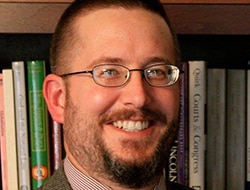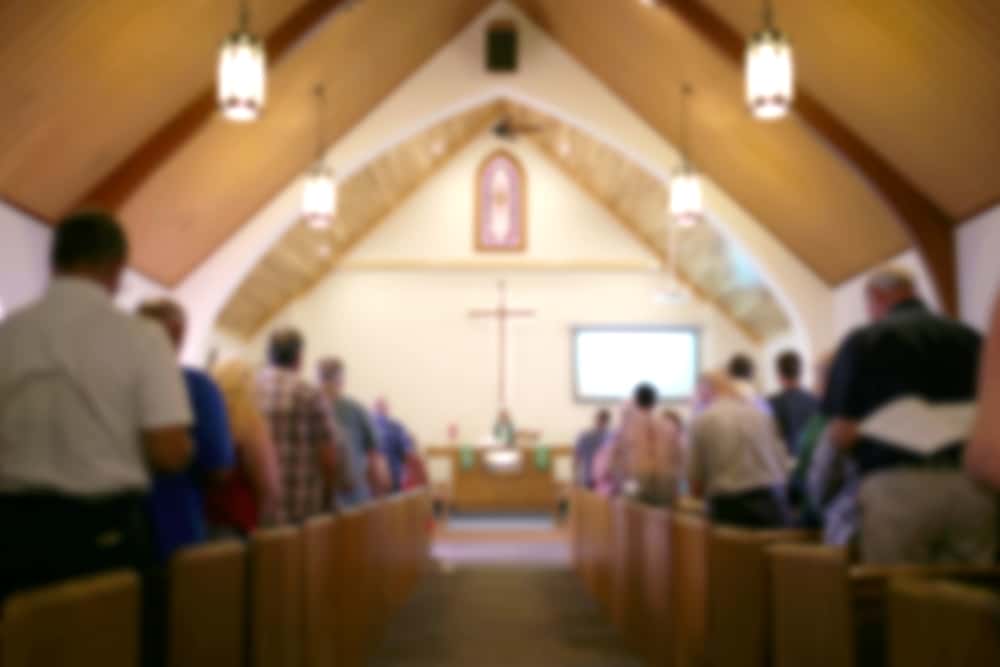
I don’t read a lot of opinion pieces. That’s not something new; it’s been true since my last years of college, and certainly since graduate school. It is something, though, that may seem odd, since for 22 years I edited a magazine of political, economic and cultural commentary. And I wrote more than a few opinion pieces for that magazine, and for other opinion magazines and websites.
I have opinions — many of them, in fact. But over the years, as I’ve become less and less interested in reading opinion pieces, I’ve also become more comfortable with not having an opinion about everything under the sun. There was a time — especially in my 20s to mid-30s — when I felt it necessary to provide an answer to pretty much any question that someone asked me. In my 40s, that tendency greatly lessened. Today, I’m happy to say, “I don’t know” or “I have no opinion.”
Throughout most of human history, the young have looked up to their elders in the belief that with age comes wisdom. To the extent that that’s true, such wisdom has come from knowledge derived empirically — that is, from experience. The more extensive one’s experience, the more clear certain things become. One of those things is the limits of one’s own experience. Knowing one’s limits may, in fact, be the greatest type of wisdom — outside of wisdom as a supernatural grace given to us by the Holy Spirit at our baptism, and perfected at our confirmation.
For many decades now, the respect of the young for the wisdom of their elders has been eroding, especially in the United States, in part because of the development of a cult of youth (embodied in the creation of the “teenager”), in part because the increasing atomization in our society has broken the bonds between generations, and in part because fewer and fewer people seem to be developing a sense of their own limits as they age. We have a culture that encourages older people not simply to remain youthful, which is a good thing, but also never to outgrow juvenile behaviors by putting limits on their will and their desires, which is not a good thing.
When the elderly are seen less and less as a font of wisdom and more and more as burdens to be carried by younger generations, the bonds between generations break down even further. And that has consequences, some of which we’re seeing during the current pandemic. How often have we heard (or seen as posts on Facebook) acquaintances and even friends declare that COVID-19 is not really something to be concerned about, because most of those who are dying are elderly? Nursing homes — even in the best of conditions hotbeds of illness (and too often of neglect and maltreatment) — have, over the last few months, become death camps. The profoundly anti-Christian and anti-human remark that “they were going to die anyway” is repeated ad nauseam by people who say that they embrace the protection of life from the moment of conception to the moment of natural death. The virus is natural, yes, but the way in which it is ripping through nursing homes is not.
The Church has long said that we can take the measure of a society by how it treats those who are most vulnerable. By that measure, both in public action during this pandemic and public opinion about the pandemic, our society isn’t looking too great.
But that’s my opinion, and I know my limits.
Scott P. Richert is publisher of OSV.





